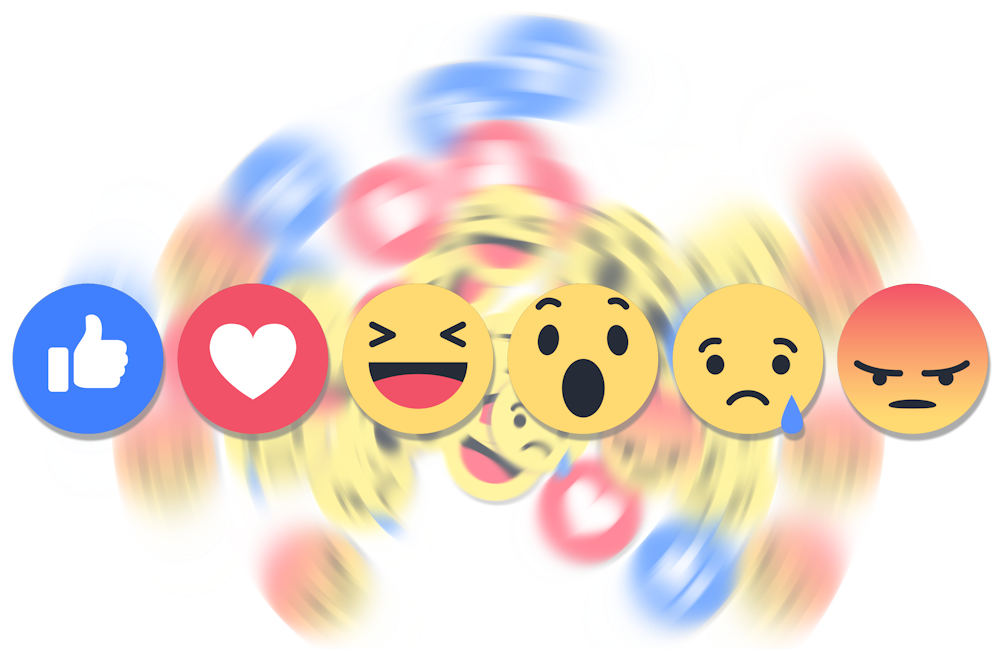When someone doesn’t care about harming you they’ll care even less about apologizing for harming you. Waiting around for accountability and justice is as useless as rummaging through the shrapnel trying to piece together a bomb that’s already detonated long ago.
If ever a stronger reason exists for healing oneself, any reason conceived wouldn’t rival healing oneself from the abuse of an emotional bully. The bully erodes confidence, composure, success, joy, stability, identity, strength, and the list goes on and on and on. The list goes on even after removing the bully’s direct influence, and the list never lessens when the goal of treatment and recovery is requiring the bully understand they’re a bully; and accept they’re a bully; and recognize the harm they caused as a bully; and apologize for being a bully.
That’s most likely never going to happen. Yet Americans crave this. And Americans feel entitled to this. Americans have a cliche word for this:
Closure.
Time spent envisioning the relief and satisfaction of the bully being held accountable is time better spent learning to live with the personal trauma. How is it possible to fully heal without the bully owning their consequence? The answer is self-evident and right there.
It’s not possible to fully heal from the trauma of bullying.
In my own experience with a less-than-angelic wife who was supremely creative in her range and escalation of new ways to abuse, I spent many years and went through many therapists who perpetuated that goal of closure. This went as far as encouraging me to write the ex-wife a letter explaining what she did and how it affected me. Because this is empowering, I was told. Because this would help with closure.
Not so. What I often explained to therapists certain I needed to contact the ex-wife – effectively creating communication I purposely spent years actively ignoring and avoiding – was this was in no way empowering because I was just as happy leaving the abuse in the past and instead learn ways to regulate the emotional responses caused by being married to the Queen of the Netherworld. Here is your crown, your majesty. The last time I saw her she was at the Gates of Hell in the midst of a hostile takeover, and I’m better off letting that be the last memory of her to enter my life.
And writing a letter admitting to her she messed me up is just the sort of information she would revel in knowing about me. That her abuse was lasting and still affecting me would be like Christmas morning baked into a pumpkin spice muffin served upon my subjugated back while she sits high upon her throne built of the skulls of her abused and conquered enemies.
Maybe Christmas is the wrong holiday; she was moderately dyslexic and I happened across her “letter to Santa” one year that read, “Dear Santa, You are my Dark Lord. Guide me in my abusive whims, oh Most Unclean One.” In retrospect, perhaps Santa wasn’t the intended recipient.
So here’s the thing. Eventually, after many years, I broke ties with any therapist who promoted “closure.” That’s such an American conceit, really. Will any of the children of the Israel-Hamas War ever be afforded “closure” for the horrors they’ve lived? I’m confident in saying “not likely at all.”
Moving past therapists whose therapy was “closure centric” allowed me to find self-empowering treatments that built skills for me to live with the trauma and residual traumatic responses. I can accept the trauma of abuse but not be held paralyzed by the trauma of abuse.
For me, Dialectrical Behavioral Therapy was the skill set I was looking for.
For another series of articles I’ll be talking about my DBT course, how much it helped, and how it kicked my ass big time and solid because it dredged into the muck and horror of being married to the High Priestess of Agony Desired. DBT was an expedition into emotional realms unknown, and being emotionally, physically, and psychologically prepared for the course work was absolute and essential. If I’d entered DBT soon after the divorce, I would have been messed up in a whole new way. Being prepared for DBT took time and experience.
What did DBT do for me? I like to think of it as emotion regulation. By this my take is DBT built skills where I can feel the strong emotional trauma response while not allowing myself to be adversely affected by the ingrained trauma. My worst trauma response is “freezing” in the fight, flight, or freeze school of study. Through DBT I learned to live with the trauma of abuse and still be able to function in my life and in society.
I can have trauma but I don’t have to be ruled by it.
Okay, I’ve built up the ex-wife with allusions to her evil, and I’m not going to leave it hanging without an instance of her evil. And I use the word “evil” with purpose. So here goes:
A stipulation of the divorce was she and I had 50/50 custody of my wonderful son. She wanted full custody or even majority custody so she could move him out of New Mexico and away from me. She didn’t get this because the judge just didn’t like her at all. And my divorce attorney worked extra hard for me because in all her years as a divorce attorney she never truly hated an opposing party as much as she hated the ex-wife. So I had that going for me.
And how was she evil? When she dropped my son off for my 50 percent custody she was fond of saying, “I know how to push all your buttons and then you’ll kill yourself and then I’ll get full custody.”
You see? Evil. Never a doubt.
Reprinted with kind permission of Steve’s Thoughtcrimes.





















